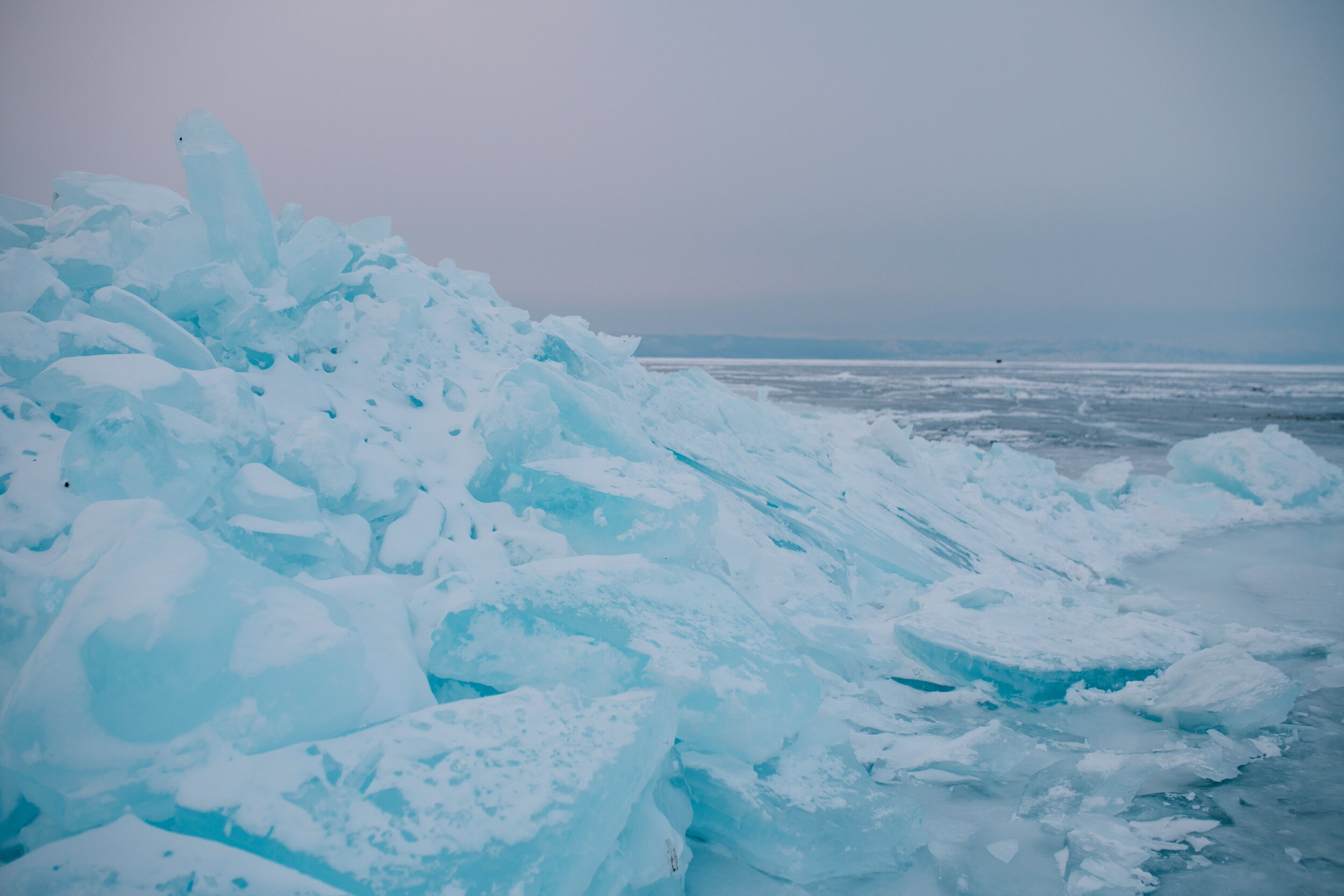
Examples of activities
GCCW activities for academics
Individuals and groups have organised many different activities during GCCW both large and small. These include:
Education activities (e.g. lectures, seminars, tutorials, workshops)
Research activities (e.g. running/synching workshops, symposia or conferences)
Community activities (e.g. school and community talks)
Media outreach (e.g. articles about climate change/activism)
Online activities (e.g. discussion groups, forums, social media, online Q&A sessions, podcasts)
Campaigns (e.g. petitions, consumer boycotts, demonstrations, vigils)
Art and cultural activities (e.g. performances, installations, music, poetry, satire/humour, movie night, trivia night, Cli-Fi)
In previous years, GCCW saw participants around the world organise a huge variety of events and activities. Check out the Archives for examples of what universities have done.
There were also many forums and Q&A sessions to get feedback and ideas from a range of participants.
A number of GCCW organisers took the opportunity to focus on the issue of divestment at their universities such as the University of Tasmania (Australia) or employed the GCCW Platform to publicise their new university Sustainability strategies like the London School of Economics (UK).
In previous years GCCW also saw a diverse array of art and cultural activities such as those organised by the University of Minnesota (USA) and University of Tasmania (Australia). These included film nights, art displays, flash mobs, jewellery making, sculpting, sewing, face painting, and comedy events.
In addition to these activities, many more successful events were organised around the world, including mock UN negotiations, tree plantings, green sport and exercise activities, and environmental education labs.
To see what occurred in past years, check out the Archive menu.
GCCW activities for students
There are many kinds of activities you may want to organise for Global Climate Change Week, but here are a few suggestions to get you started.
Divestment campaigns – Has your university divested their funds from fossil fuel intensive investments? If not start a divestment campaign urging them to do so. 350.org provides support to students running divestment campaigns. For examples of divestment events that universities have organised for GCCW see this one from the University of New South Wales, this one from the University of East Anglia, and this one from the University of Wollongong.
Public events – Organising a public event, such as a panel discussion, a round table or a talk by a prominent person, can really help to raise awareness of climate change issues in your area. You could contact local academics and other experts, politicians, community leaders, and celebrities to see if they are willing to speak at your event. For examples of panel discussions universities organised for GCCW in previous years see this one from North Western University (South Africa), this one the University of California Berkeley, this one from University College London, and this one from the University of Wollongong.
Skill shares – Get a group of activists and campaigners together to share skills with other students. This will help to build the capacity of the student body at your university, and can help boost morale too! For some guidelines see here.
Petitions – Signing a petition is an excellent way for you to get your voice heard on topics that matter. The Global Call for Climate Action lists a variety of petition covering various issues relating to climate change, making it easy for you to get involved. Starting your own petition is also a way to amplify your own voice and bring community concerns to bear on decision-makers such as governments, businesses and other organisations.
Movie nights – We all like to hang out with friends, so why not get a group together and watch something about climate change? Usually it’s easy to book a room at your campus, and there are plenty of films out there to choose from (e.g., This Changes Everything, Disruption, and Merchants of Doubt).
